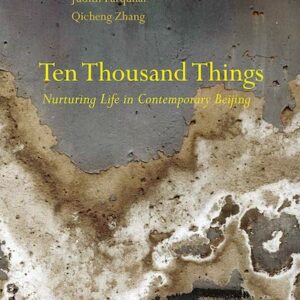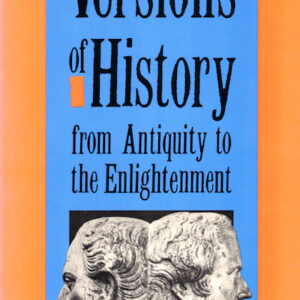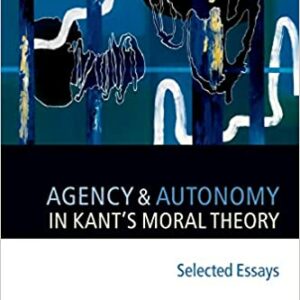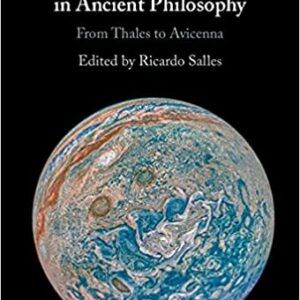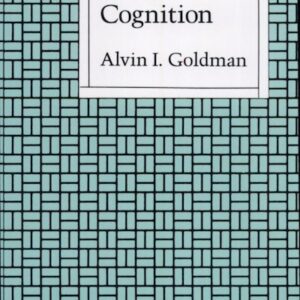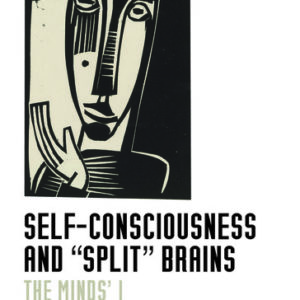
Self-Consciousness and “Split” Brains: The Minds’ I
By Elizabeth Schechter (NHC Fellow, 2014–15) Could a single human being ever have multiple conscious minds? Some human beings do. The corpus callosum is a large pathway connecting the two hemispheres of the brain. In the second half of the twentieth century a number of people had this pathway cut through as a treatment for … Continued
